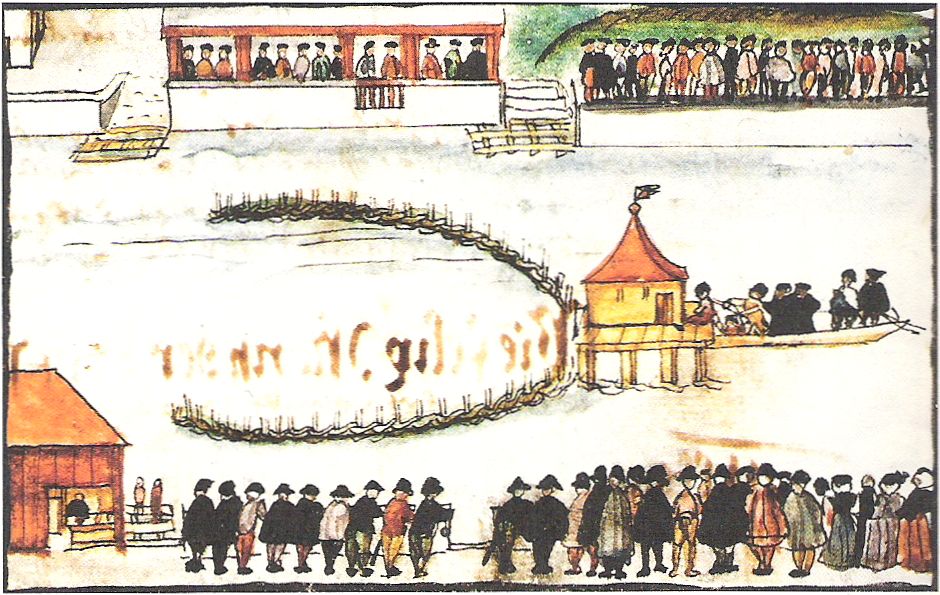 January 8 was not a good day for the Papacy, Portugal or Africa. At least not if you mean January 8 of 1454. For on that date Nicholas V confirmed that Portugal owned all of Africa south of Cape Bojador and could enslave the inhabitants.
January 8 was not a good day for the Papacy, Portugal or Africa. At least not if you mean January 8 of 1454. For on that date Nicholas V confirmed that Portugal owned all of Africa south of Cape Bojador and could enslave the inhabitants.
OK, perhaps "confirmed" isn’t quite the right word, since Portugal did not actually own that part of the world and nobody has the right to enslave anyone. And while you might expect an assertion to the contrary from some cackling old reprobate hunched over his ill-gotten gains, there’s this general idea out there that the Pope’s job when it comes to worldly matters is to be so unworldly that, in upholding high ideals, he sometimes gives advice that is almost wilfully useless. That trap at least Nicholas avoided.
Instead he issued this bull from concern that without it, other European nations would start horning in on Portugal’s "right" to grab large tracts of land because its inhabitants were not Christian, and demonstrate the virtues of the true faith by brutally mistreating them and denying their humanity. I can think of better plans.
I bring this up because I entirely reject ludicrous PC versions of history in which only Europeans were bad, basically the white serpents invading various gardens of Eden around the world. The inhabitants of Africa before the coming of European domination were up to the usual human tricks, sometimes in remarkably horrible ways. As were the inhabitants of the Americas. And I believe that on balance, the spreading particularly of the ideals and practices of the Anglosphere has brought great benefit to mankind. But it will not do, in rejecting one fairy tale, to substitute another.
At times, European conduct was so loathsome as to invite despair at humanity’s fallen condition. Especially when the worst practices were endorsed by those entrusted with recalling us to our moral senses when we went wrong. And so it is also important to note here that opposition to slavery and mistreatment of colonized people generally arose soonest and most strongly among professed Christians including Catholic clergy in the Spanish empire.
Still, we should pause on January 8 and reflect on the casual manner in which the papacy put its seal of approval on all that was worst about European colonization.





